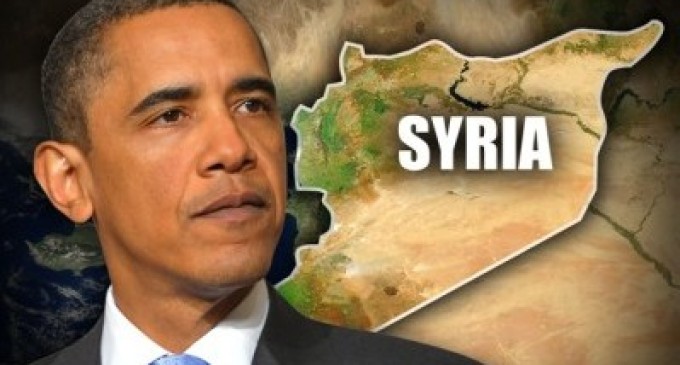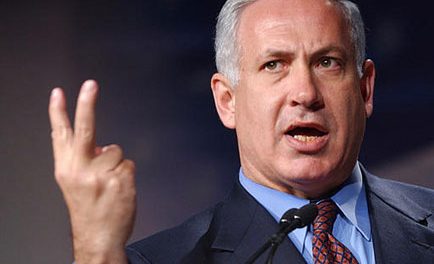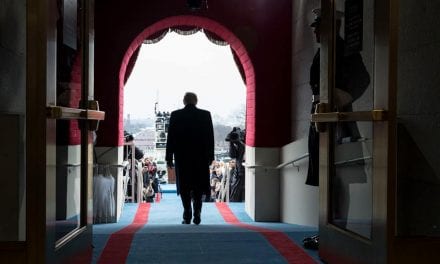By Greg Jaffe, Missy Ryan and Karen DeYoung
HANOVER, Germany — President Obama outlined plans Monday to nearly quadruple the size of U.S. Special Operations forces in Syria to up to 300 troops, saying it was needed to keep pressure on the Islamic State.
The president noted gains made by the current 50 special operators in missions to advise and assist local forces batting the Islamic State, which holds territory in Syria and Iraq.
“Given the success, I’ve approved the deployment of up to 250 additional U.S. personnel . . . to keep up this momentum,” Obama said in a speech that also focused broadly on European issues.
Obama emphasized that the new troops are “not going to be leading the fight on the ground” but that they would work with local forces.
The expanded U.S. military presence in Syria is aimed in part at helping to expand the ranks of Arab fighters in a network of groups, now dominated by Kurdish fighters, that the United States is backing as it battles the Islamic State. The additional U.S. forces work with Kurdish militiamen and others as they seek to isolate Raqqa, the Islamic State’s de facto capital in Syria.
“So make no mistake, these terrorists will learn the same lesson as others before them have, which is your hatred is no match for our nations, united in the defense of our way of life,” Obama said in Hanover at the end of a trip that included talks in Saudi Arabia and Britain.
The president also pledged to continue pressing hard on diplomatic efforts to end Syria’s civil war, because “the suffering of the Syrian people has to end, and that requires an effective political transition.”
The decision to increase the number of Special Operations forces in Iraq and Syria was made this month. Defense Secretary Ashton B. Carter announced an additional 200 troops for Iraq during a visit to Baghdad last week.
Obama also has authorized U.S. commanders in Iraq to use Apache attack helicopters and deploy American advisers with lower-level Iraqi units to assist local troops in a future offensive to reclaim the city of Mosul. U.S. officials think those measures will enhance the effectiveness of Iraqi troops, but they also will expose U.S. forces to greater risk.



















